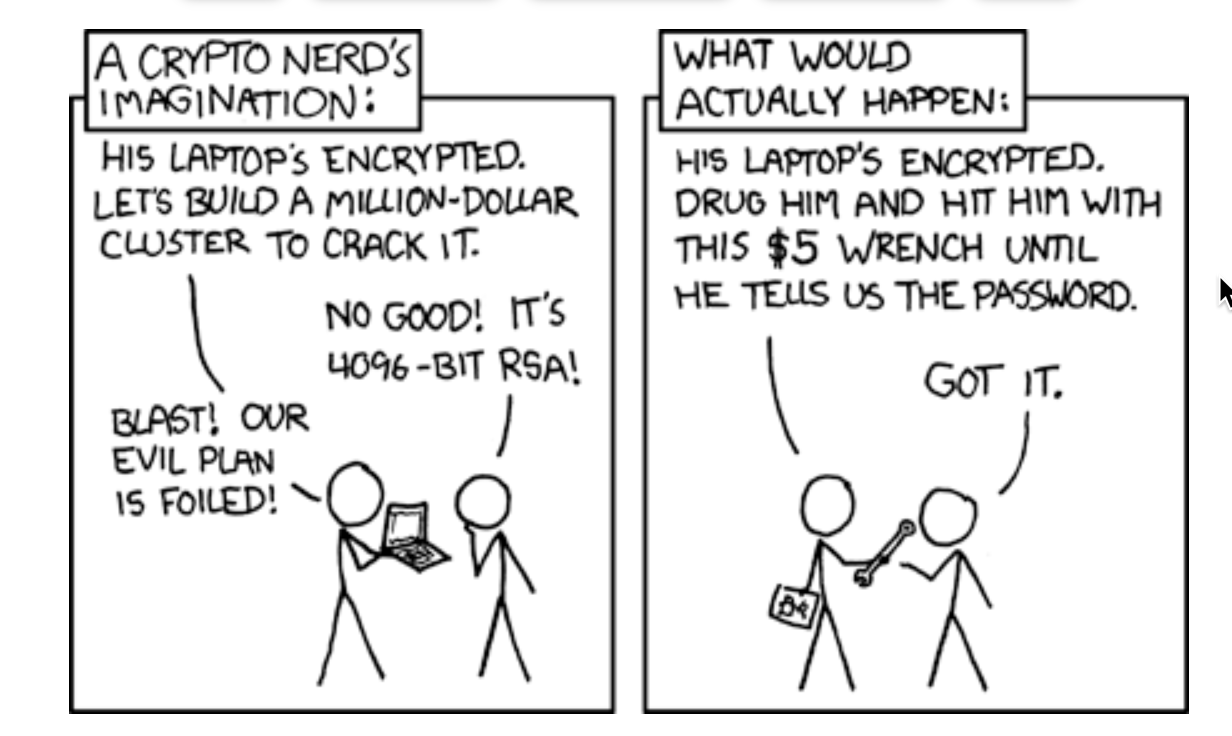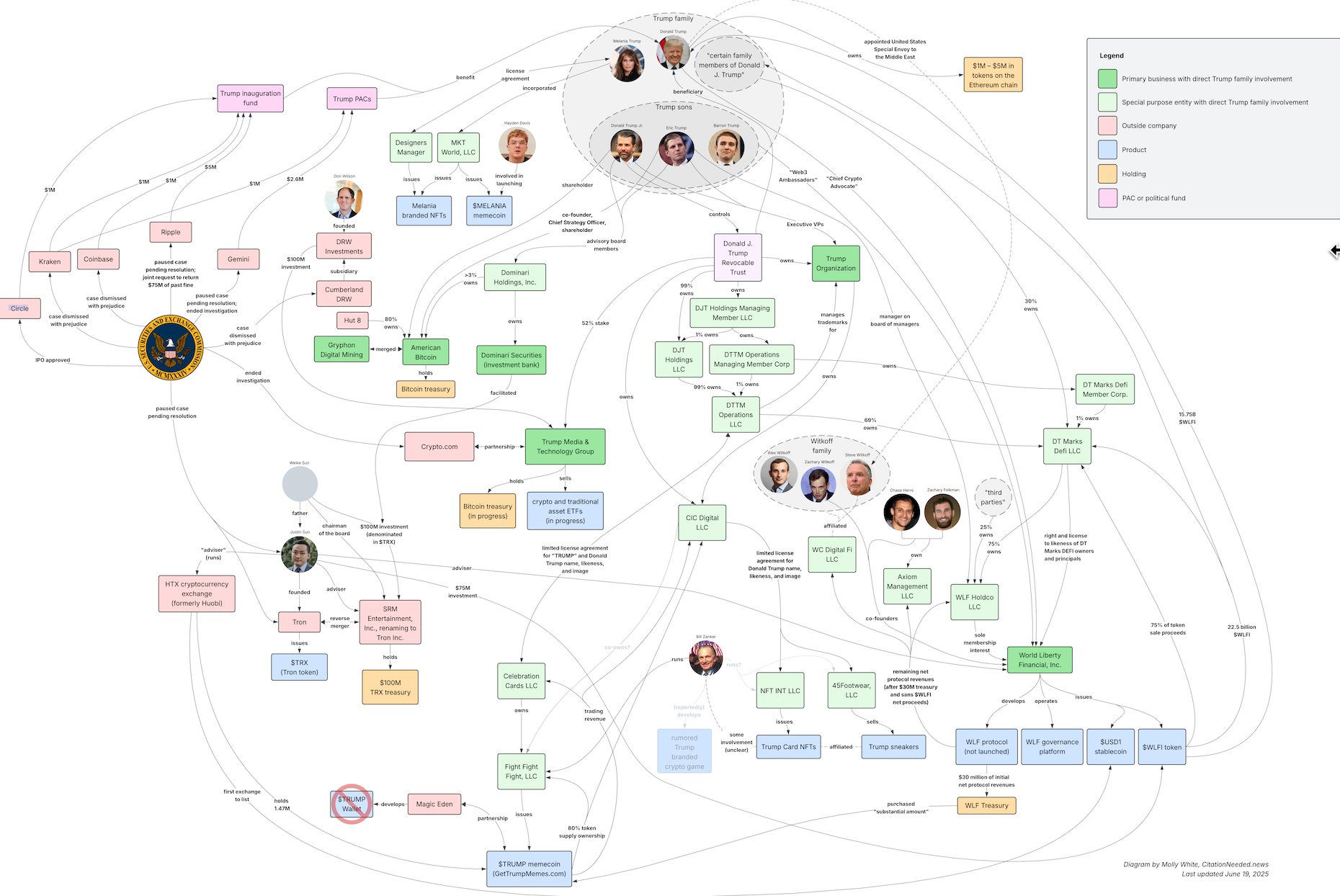
Crypto Got the Legitimacy It Wanted
by Matt ReiderThere was this attack early Tuesday morning in Paris. Three guys in black masks jumped from a white van, pepper-sprayed a family, and tried to drag a woman into their truck. Her dad runs a crypto exchange. That XKCD comic about hitting someone with a $5 wrench until they give up their password is not so funny anymore.

I’ve always been skeptical of crypto, same way I approach any technology promising to “change everything.” Going to a privileged private school but hanging out with the scholarship kids taught me how the powerful use people for good optics while treating them poorly behind the scenes. When everyone suddenly agrees something will “revolutionize” everything, I get suspicious.
My friend Rishi Dean, who was my PM mentor at Visible Measures during my first product role, went on to Google Ventures and then Coinbase before eventually leaving crypto, nailed it: “We mistook rhetoric for reality.”
When crypto was underground, the violence stayed theoretical. Now that it’s gone mainstream, with institutions buying in and Trump hawking memecoins, the kidnappings are very real. French crypto executive David Balland had his finger severed by kidnappers. Influencers who bragged about holdings online are having their fathers kidnapped. That Coinbase data breach exposing customer balances and addresses is like a shopping list for criminals.
The timing of this isn’t a coincidence. As crypto gets cozy with institutions, it creates bigger targets for criminals. But beyond the wrench attacks, there’s the bigger irony. Crypto ended up embracing the exact corruption it claimed to solve. Trump’s crypto empire is a tangled mess of LLCs that would embarrass a money launderer, as Molly White has documented.

Circle’s IPO hit close to home. Jeremy Allaire co-founded it after starting the company where I worked in the 90s. That early connection led to General Catalyst eventually funding both Rishi’s startup and mine. When Circle went public in June, Allaire played it perfectly: the stock shot up over 650% from its offering price, making him a billionaire. My first billionaire “friend.” Here’s how he did it. Circle shut out the crypto funds that backed them for years and handed fat allocations to Wall Street firms that probably don’t even own crypto wallets. The community that built them got nothing while Allaire cashed in.
With government blessing and Wall Street money, the transformation is complete. We’re watching the creation of a whole new category of government-endorsed financial instruments. Stablecoins and memecoins are getting the legitimacy treatment, just like mortgage-backed securities did in 2008. Caroline Crenshaw at the SEC calls it “regulatory Jenga” - Pulling oversight pieces until everything falls down.
The makeover is complete. Open Revolut or N26 and crypto trading sits right there on the home screen as just another investment option. The difference being when you buy Apple stock, you own a piece of a company that employs 161,000 people. When you buy Bitcoin, you’re betting someone else will pay more for nothing. The newfound legitimacy combines the worst of both worlds: too decentralized for oversight, too captured for freedom. The original idea was probably impossible anyway, but this government-backed gambling with criminal side effects is even worse.